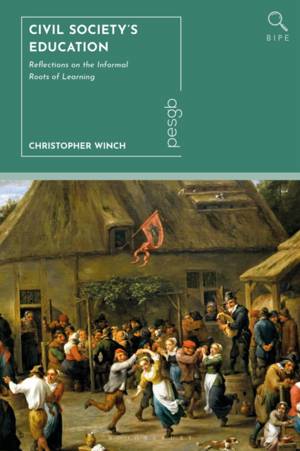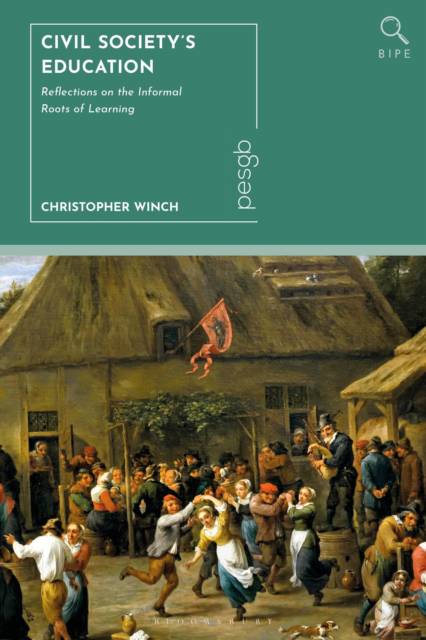
- Afhalen na 1 uur in een winkel met voorraad
- Gratis thuislevering in België vanaf € 30
- Ruim aanbod met 7 miljoen producten
- Afhalen na 1 uur in een winkel met voorraad
- Gratis thuislevering in België vanaf € 30
- Ruim aanbod met 7 miljoen producten
Zoeken
€ 44,45
+ 88 punten
Omschrijving
This book examines the relationship between the educational activities of civil society and those of the state via three case studies in vocational education, political education, and educational markets. Winch argues that the narrower educational activities of the state cannot be understood independently of those that take place in civil society which consists of institutions such as families, churches, businesses, trade unions, charities and political associations. Drawing on arguments and ideas in the work of Hume, Wittgenstein, Rhees, Vico, Hegel and Gramsci and building on the work of authors such as Bakhurst, Roedl and Hamlyn, the book breaks new ground in offering a philosophical account of civil society and the place of education within it. It is relevant to a range of societies, including those without a state or where the state has little influence, located in geographically and temporally diverse contexts.
Specificaties
Betrokkenen
- Auteur(s):
- Uitgeverij:
Inhoud
- Aantal bladzijden:
- 280
- Taal:
- Engels
- Reeks:
Eigenschappen
- Productcode (EAN):
- 9781350513402
- Verschijningsdatum:
- 23/07/2026
- Uitvoering:
- Paperback
- Formaat:
- Trade paperback (VS)
- Afmetingen:
- 156 mm x 234 mm
- Gewicht:
- 453 g

Alleen bij Standaard Boekhandel
+ 88 punten op je klantenkaart van Standaard Boekhandel
Beoordelingen
We publiceren alleen reviews die voldoen aan de voorwaarden voor reviews. Bekijk onze voorwaarden voor reviews.








